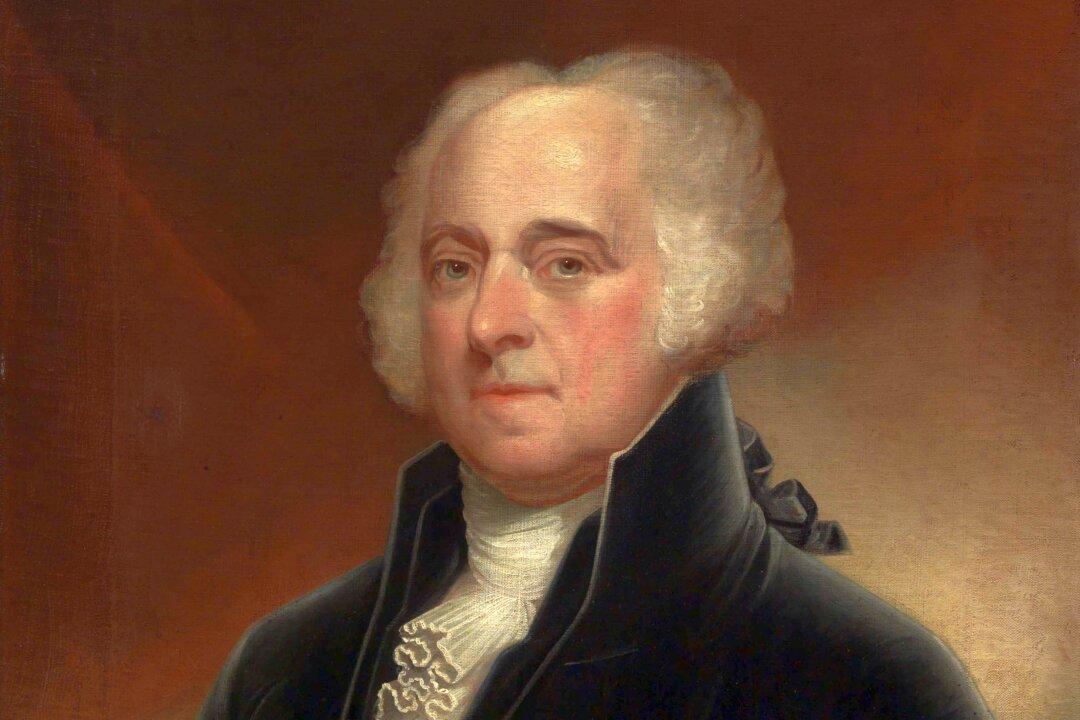Commentary
Throughout my life, I have learned that we each get but one true choice: what we are willing to give our lives for. Alongside Martin Luther King Jr. and countless others, I chose to dedicate myself to the fight for civil rights. This journey was, in part, guided by one of America’s earliest champions of liberty—John Adams, a man who not only shaped his own time but also laid the foundations for justice that resonate today.

